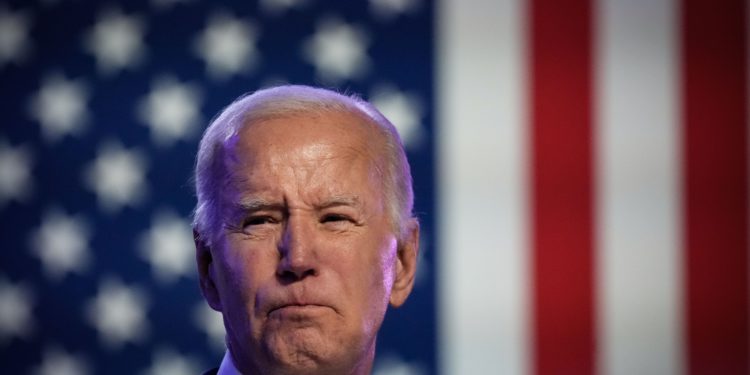Alexis McGill Johnson, president and CEO of Planned Parenthood, called the rule change a “step in the right direction,” adding that “everyone should have the information and health care needed to make their own decisions about their lives, bodies, and futures.”
“This rule reaffirms that patient health comes first,” said Fatima Goss Graves, president and CEO of NWLC. “Refusals of care based on personal beliefs — which happen even in states where abortion is legal — harm patients.”
Graves went on to say that “the care a patient receives should never be dictated by the personal or religious beliefs of health care providers or politicians.”
Andrea Picciotti-Bayer, director of the Conscience Project and a legal analyst for EWTN, told CNA that despite the controversy, the “legal protections for health care workers of conscience rights are still in place” even if the Biden administration has signaled an unwillingness to enforce them.
“What’s happening is a little bit of smoke and mirrors,” she explained. “The rules that were established were to facilitate the executive branch’s enforcement of those rules. So, the fact that they’re watering down these conscience rules doesn’t undermine the fact that there’s still a statutory right to refuse to engage in procedures or interventions that violate a person’s conscience.”
“What it does do is it puts pressure to align with the administration’s priorities by making it difficult to get your complaints heard and by kind of clouding the obligations that big hospitals have to respect their workers’ rights,” she went on.
“It’s creating confusion,” she said, adding that it is “giving the sign that the Biden administration isn’t all that serious when it comes to robust protection for health care workers’ conscience rights.”
“They’re incapable of erasing those rights, but it looks like they’re going to do all in their power to make people think that they don’t have them,” she said.
The consequence of the Biden administration’s rule change, Picciotti-Bayer fears, may be that “true medical care” becomes “harder and harder for Americans to access because people of faith and faith-inspired institutions are being driven out of business.”
Credit: Source link




